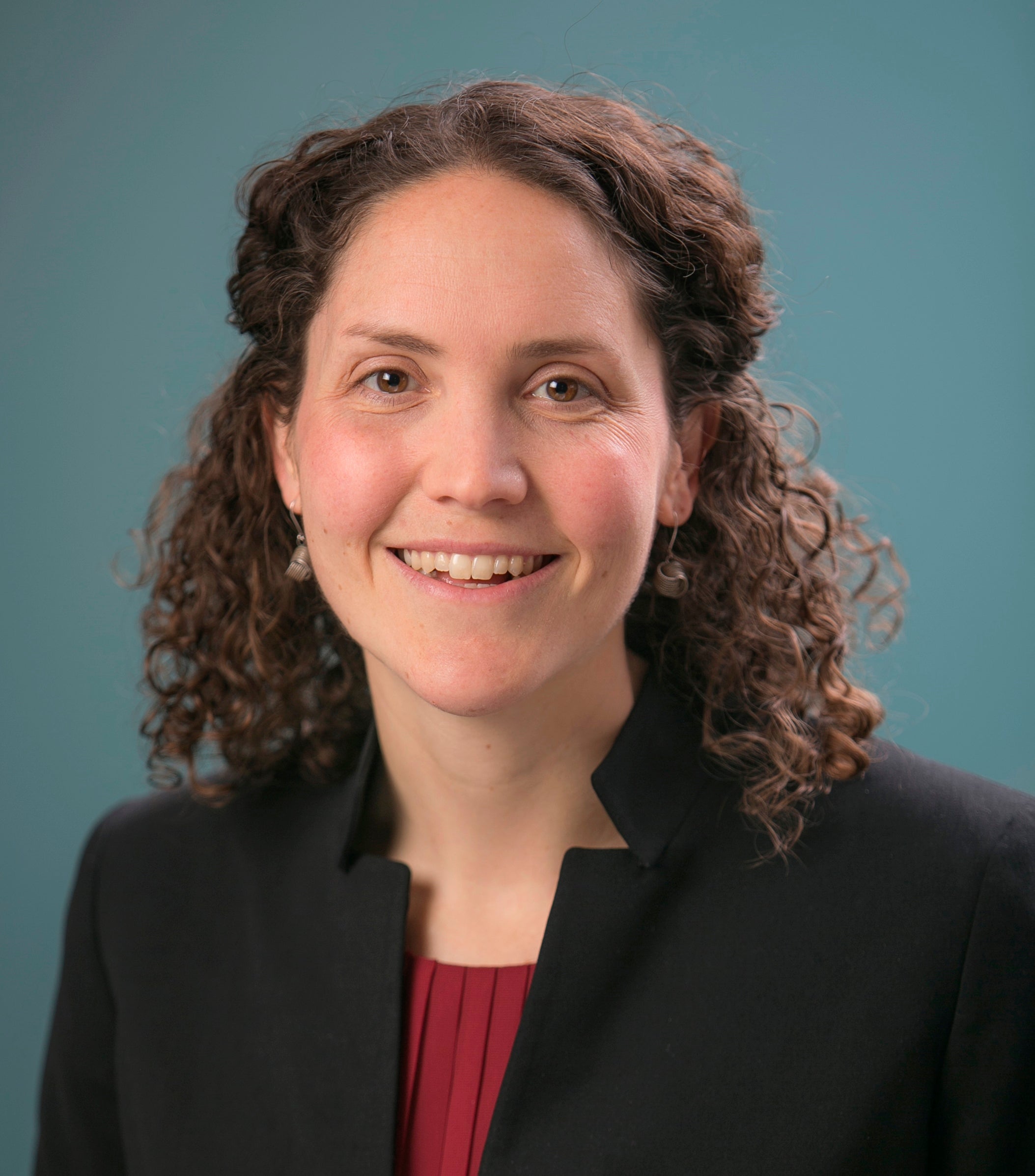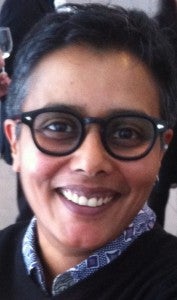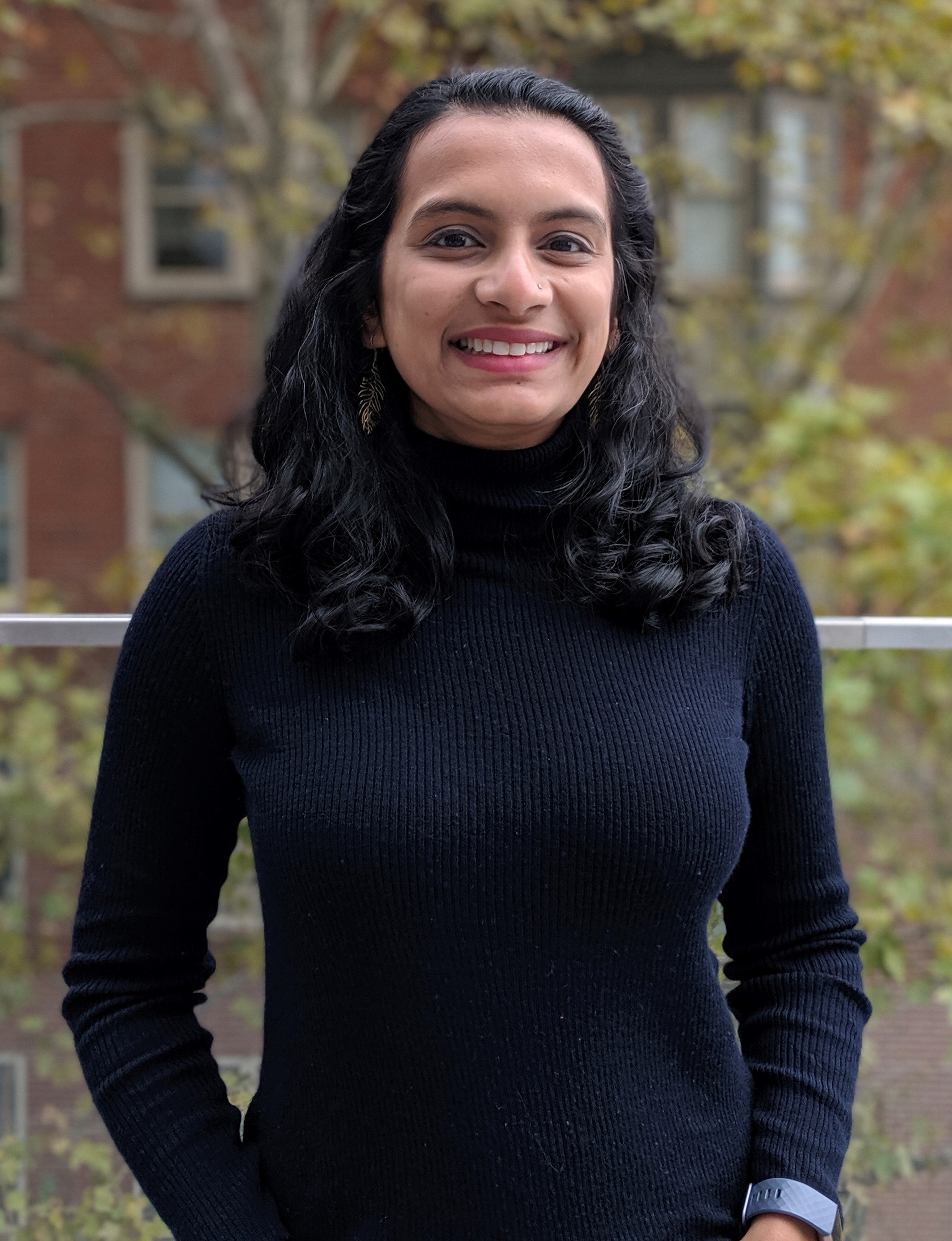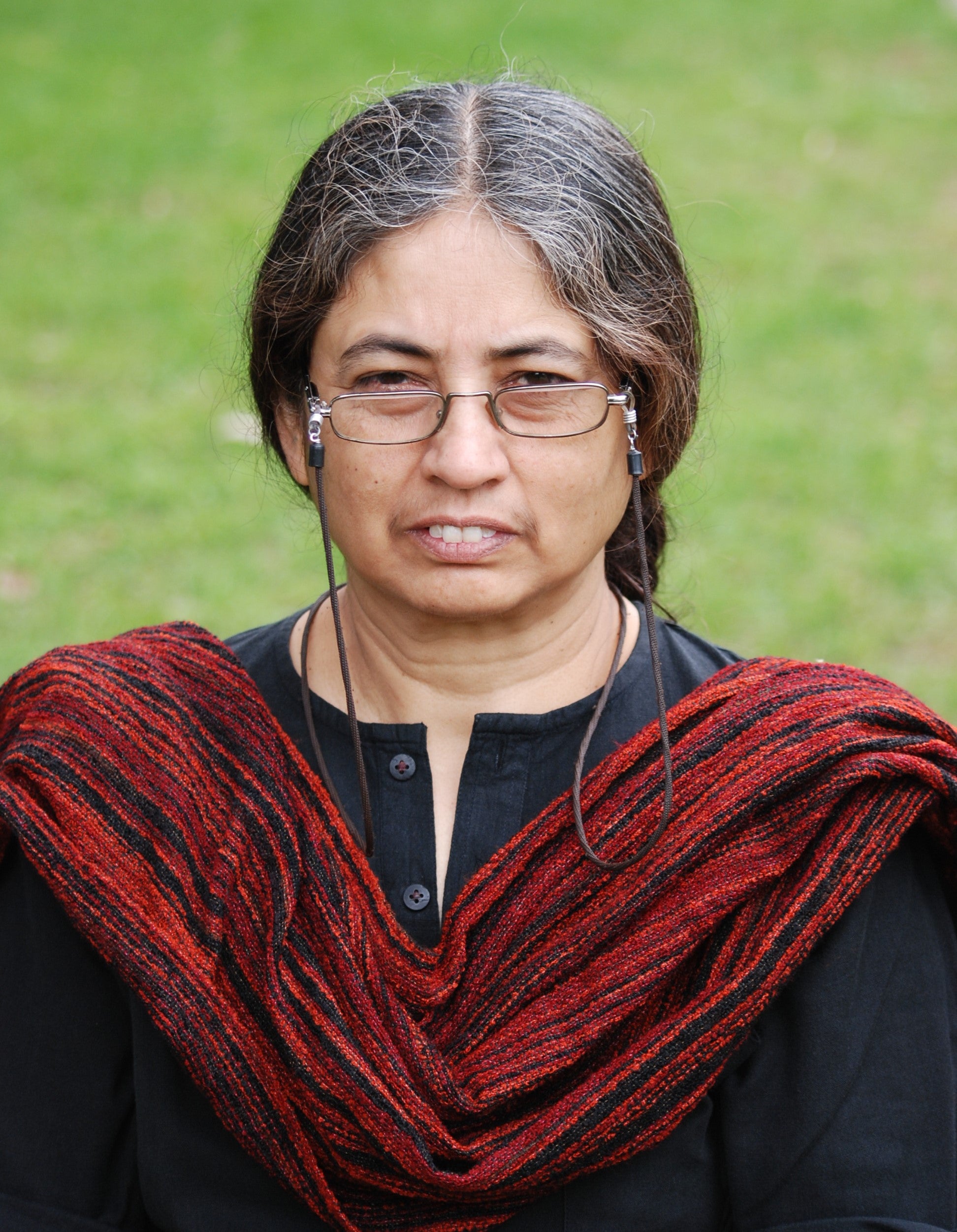 Heather Schofield is an Assistant Professor in the Perelman School of Medicine and The Wharton School at the University of Pennsylvania. She is an economist studying development, health, and behavioral economics. Much of her research is based in India. Dr. Schofield completed her Ph.D. in Business Economics, MS in Global Health and Population, and BA in Economics at Harvard University.
Heather Schofield is an Assistant Professor in the Perelman School of Medicine and The Wharton School at the University of Pennsylvania. She is an economist studying development, health, and behavioral economics. Much of her research is based in India. Dr. Schofield completed her Ph.D. in Business Economics, MS in Global Health and Population, and BA in Economics at Harvard University.
Migration is central to economic opportunity for many of the world’s poor. Yet, despite the many advantages to migration including the large urban wage gap, rates of migration from rural areas to cities remain strikingly low, especially for women. In this talk, Dr. Schofield will describe an ongoing study in which we examine an unexplored potential determinant of migration decisions: loneliness and social isolation. The study focuses on young female garment workers in Bangalore, India who may face particularly high costs as they move from a closely knit rural community to an urban center at a time of life when social connection is paramount. If the interventions tested prove successful, she plans to scale them broadly, both within the partner firm and in similar garment firms around the world.
 Svati P. Shah is an Associate Professor of Women's, Gender and Sexuality Studies at the University of Massachusetts, Amherst, with adjunct appointments in Anthropology, Afro-American Studies, and the Social Thought and Political Economy Center. Dr. Shah also holds research affiliations at the African Centre for Migration and Society and the Wits Institute for Social and Economic Research, both at the University of Witwatersrand. Dr. Shah’s research addresses questions of sexuality, gender, political economy, migration, state sanctioned violence and juridical recognition in South Asia. Their first book, Street Corner Secrets: Sex, Work and Migration in the City of Mumbai (Duke University Press, 2014) was drawn from a long-term ethnography of sexual commerce in Mumbai’s informal economies. Their forthcoming book is on LGBTQI movements, the Indian new left, and anti-democratic governance in the post-Emergency era.
Svati P. Shah is an Associate Professor of Women's, Gender and Sexuality Studies at the University of Massachusetts, Amherst, with adjunct appointments in Anthropology, Afro-American Studies, and the Social Thought and Political Economy Center. Dr. Shah also holds research affiliations at the African Centre for Migration and Society and the Wits Institute for Social and Economic Research, both at the University of Witwatersrand. Dr. Shah’s research addresses questions of sexuality, gender, political economy, migration, state sanctioned violence and juridical recognition in South Asia. Their first book, Street Corner Secrets: Sex, Work and Migration in the City of Mumbai (Duke University Press, 2014) was drawn from a long-term ethnography of sexual commerce in Mumbai’s informal economies. Their forthcoming book is on LGBTQI movements, the Indian new left, and anti-democratic governance in the post-Emergency era.
In this talk Dr. Shah will discuss labor migration in India in the post-377 moment. Section 377, the colonial era law which was used to delimit legal recognition and access to public space for gay, lesbian, transgender, and gender-nonconforming Indians, was "read down" in 2018, formally decriminalizing LGBT existence in India. At the same time, in the post-377 years, material inequalities in India have become more pronounced than they had been previously, exacerbated along caste and regional axes. Inequality in South Asia has historically engendered robust social movements whose explicit goals include engendering democratic governance and material equality for all Indians. The recent limitations placed on the extent to which social movements can operate places potentially greater pressure on survival strategies, such as domestic and international labor migration, for those whose existence is least secure. Here, Dr. Shah considers how LGBT juridical legibility impacts survival amongst impoverished queer and transgender labor migrants in India’s urban informal economies. [Read More]
 Rithika Kumar is a Ph.D. Candidate in Political Science at the University of Pennsylvania. Her research lies at the intersection of urbanization, gender and politics with a regional specialization in India. Her dissertation project focuses on the political consequences of circular internal male migration on women in sending regions. Using a mixed methods approach, she looks at how the absence of men shapes women’s everyday interactions with the state and their role in local politics in these regions. Prior to starting at Penn, she was a Research Associate at IDFC Institute, a think-tank in Mumbai, India where she worked on political economy issues related to state capacity and electoral politics. She holds a Master’s in Economics from Mumbai University and a Bachelor’s in Economics and Statistics from St. Xavier’s College, Mumbai.
Rithika Kumar is a Ph.D. Candidate in Political Science at the University of Pennsylvania. Her research lies at the intersection of urbanization, gender and politics with a regional specialization in India. Her dissertation project focuses on the political consequences of circular internal male migration on women in sending regions. Using a mixed methods approach, she looks at how the absence of men shapes women’s everyday interactions with the state and their role in local politics in these regions. Prior to starting at Penn, she was a Research Associate at IDFC Institute, a think-tank in Mumbai, India where she worked on political economy issues related to state capacity and electoral politics. She holds a Master’s in Economics from Mumbai University and a Bachelor’s in Economics and Statistics from St. Xavier’s College, Mumbai.
Internal migration in India is heavily male-dominated. In this talk, Kumar will discuss an often overlooked consequence of this kind of migration—political participation of women in sending communities. Women in these communities spend long periods of time in the absence of their husbands. She will present results from ongoing research that will showcase how this absence affects their political lives specifically contact with the state, political knowledge, and networks. [Read More]
 Indrani Mazumdar retired as Senior Fellow at the Centre for Women's Development Studies, New Delhi (CWDS) in 2020. At CWDS, along with her colleagues Indu Agnihotri and N. Neetha, she has engaged in wide ranging research on gender and migration for over a decade. Some papers/monographs, articles, and book chapters that have emerged from this include:
Indrani Mazumdar retired as Senior Fellow at the Centre for Women's Development Studies, New Delhi (CWDS) in 2020. At CWDS, along with her colleagues Indu Agnihotri and N. Neetha, she has engaged in wide ranging research on gender and migration for over a decade. Some papers/monographs, articles, and book chapters that have emerged from this include:
• "Dusty Trails And Unsettled Lives: Women's Labour Migration in Rural India (Indian Journal of Gender Studies, 2009)
• "Migration and Gender in India" (EPW, 2013)
• "Traversing Myriad Trails: Tracking Gender and Labour Migration Across India" (Springer, 2014)
• "Unfree Mobility: Adivasi Women’s Migration" (Occasional Paper, CWDS, 2014),
• "Women Migrating in India: Evidence from Odisha" (CWDS, 2019)
• "Crossroads and Boundaries: Labour Migration, Trafficking and Gender" (EPW, 2020)
She is currently researching a migration corridor from Ganjam, Odisha to Mumbai for live-in paid domestic work and from Jharkhand and Odisha that meet in a Kerala garment factory.
The gender dimensions of internal migration in India remain poorly understood. In asking for a single reason for migration, the macro-data sets undercount women migrant workers. At the same time, an undeniable predominance of male migration for labor has historically led to modern labor markets becoming exclusionary or hostile to the entry of women, which is one of the reasons for the extremely low female work participation rates in urban areas, and the undiversified concentration of women in jobs where gender ideologies dictate preference for women. It has also contributed to a low wage extraction based development pathway since employers are left free to not provide the cost of workers’ family subsistence or social reproduction, which is borne in part by the village economy. In 2012, CWDS’ survey across 22 states showed that agricultural labor, paid domestic work, construction, and brick-making were the principal sectors of concentrated demand driving women’s labor migration. With no comparable survey since, the discussion will focus on some of the key questions that have emerged from some micro- studies and corridors of particularly young women’s migration in recent times, and what some of the cases that came to the fore during the pandemic tell us about the issues at stake, including in relation to the changing landscape of laws on labor and trafficking. [Read More]
Return to conference agenda

